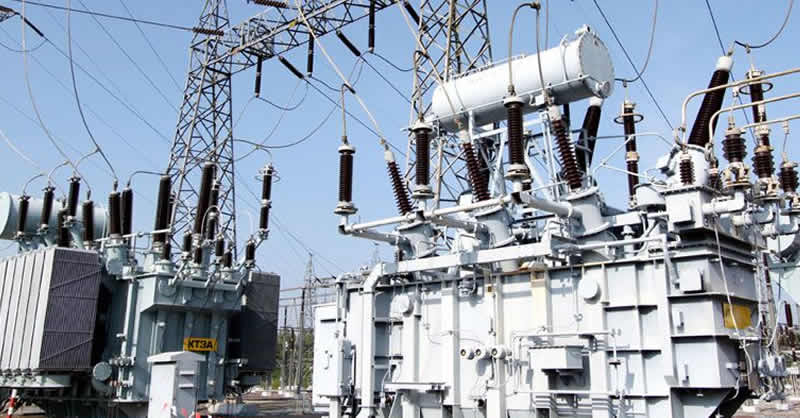In a concerning development, Ukrainian officials reported a devastating drone attack on vital Danube River port infrastructure, significantly impacting Ukraine’s grain export capabilities. The attack, conducted by Russian drones, occurred in the southern parts of the Odesa region on Sunday, causing injuries to at least two individuals.
The Danube River had recently emerged as Ukraine’s primary route for grain exports following Russia’s withdrawal from a U.N. and Turkey-brokered agreement in July. This agreement had previously granted safe passage to Kyiv’s exports of grains, oilseeds, and vegetable oils through the Black Sea.
This unsettling incident unfolded just one day before Russian President Vladimir Putin and Turkish President Tayyip Erdogan were scheduled to convene for talks in the Russian Black Sea resort of Sochi. Turkey had been actively advocating for the revival of the grain deal.
Ukraine’s South Military Command took to social media to confirm the attack on what it referred to as the “civil infrastructure of the Danube.” The Ukrainian Air Force, meanwhile, disclosed that their air defense systems successfully intercepted and neutralized 22 out of the 25 Iranian-made Shahed drones launched by Russia.
While officials did not specify which specific port facility bore the brunt of the attack, some Ukrainian media outlets reported explosions in the Reni port, which, alongside Izmail, constitutes one of Ukraine’s two primary ports along the Danube. Fortunately, a fire that erupted as a result of the assault was promptly extinguished.
The Russian Defense Ministry, as quoted by Interfax, asserted that their drones had effectively targeted fuel depots at the Reni port, which were allegedly used by the Ukrainian military. It’s worth noting that these reports could not be independently verified by Reuters.
The Reni and Izmail ports have been subjected to multiple drone attacks in recent weeks, posing a severe threat to Ukraine’s critical infrastructure.
In response to this distressing attack, Andriy Yermak, the chief of staff for the Ukrainian president, voiced his condemnation on Telegram, suggesting that “Russian terrorists continue to attack port infrastructure in the hope of provoking a food crisis and famine in the world.” He accompanied his statement with a photo depicting a firefighter battling the blazes that engulfed concrete structures.
The Black Sea grain deal, initially reached in July 2022, aimed to address a burgeoning global food crisis. Ukraine, a significant producer of grains and oilseeds, witnessed disruptions to its exports following the outbreak of conflict in February the preceding year, leading to record-high global food prices.
Russia’s objections to the deal centered on perceived obstacles to its own food and fertilizer exports, as well as concerns about insufficient Ukrainian grain shipments to countries in dire need.
As international tensions escalate, this attack underscores the fragility of critical supply chains and the far-reaching implications of conflicts on global food security.
Advertisement





